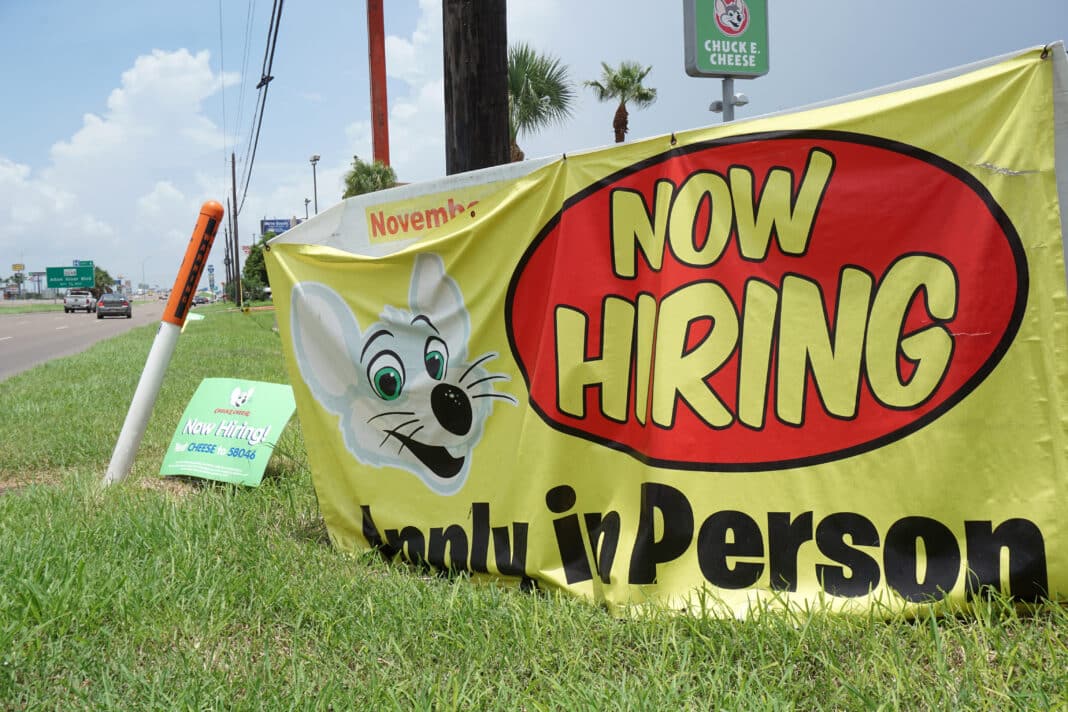People have been asking why businesses are having so much trouble hiring people. Economic analysts recently provided alarming information that helps explain where America’s workers went.
Worse, the information suggests that they aren’t coming back.
Our country already has reached a milestone that people have long feared: More people are retiring than are entering the work force. That means fewer new workers are paying into the Social Security system than new retirees are signing up for the benefits.
People born during the years of high birth rates — roughly between World War II and President Kennedy’s assassination — are reaching retirement age at the rate of 10,000 every day. That’s roughly 3.6 million new retirees in a year.
Using those numbers, analysts have long predicted that barring changes in policy and calculators, the Social Security Trust Fund will run out of money around 2033.
That was before the COVID-19 pandemic.
The Pew Research Center reports that since the COVID-10 pandemic began, 30 million baby boomers quit their jobs and decided to retire early. They’re not coming back.
This will skew Social Security even more, and officials recently announced that the trust fund will empty out at least a year earlier than expected. That’s only part of the problem, as the trust fund pays only 24% of the benefits come from that fund; the other 76% are paid directly from the taxes that are taken from worker’s checks every pay period. With fewer workers than retirees, that part of Social Security is running deficits already.
It could explain the sudden urgency to raise the minimum wage. Like most payroll taxes, Social Security levies are based on income; higher wages will mean more tax revenue into government funds.
Will Social Security go broke? It already is the largest single expenditure in our federal budget, and costs are increasing every year. Congress has worked to delay insolvency by increasing taxes, delaying benefit increases and increasing the retirement age. But it remains a popular program and although it is mostly paid by direct taxes, many Americans believe that if they’ve paid into the system their entire working lives, then they should be able to reap the benefits when they retire.
Fortunately, many workers are augmenting their expected Social Security payments with 401(x), individual retirement accounts and other benefit systems. Many employers match employee contributions. This could ease the dependence on the government program.
In fact, if market-based options grow to become the primary retirement benefit, the need for a tax-funded government plan might diminish. This might enable workers to opt out of the program — some teachers associations and unions already do. Maybe someday our retirement incomes will largely be paid by funds that generate wealth through investment and market operations, and we won’t need a government program to provide retirement income. Then we won’t have to worry about having enough workers to pay taxes in order to supply those receiving benefits.




